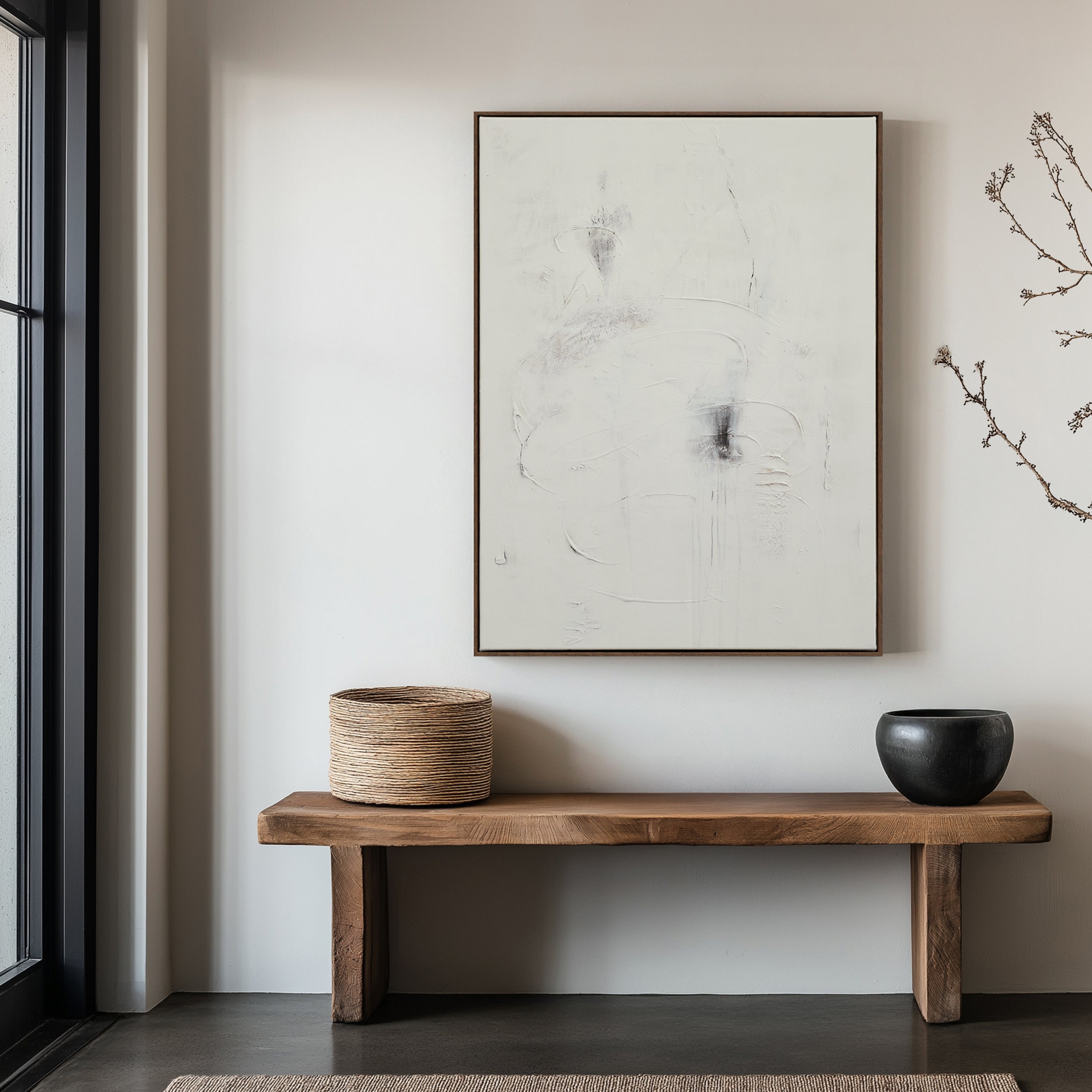
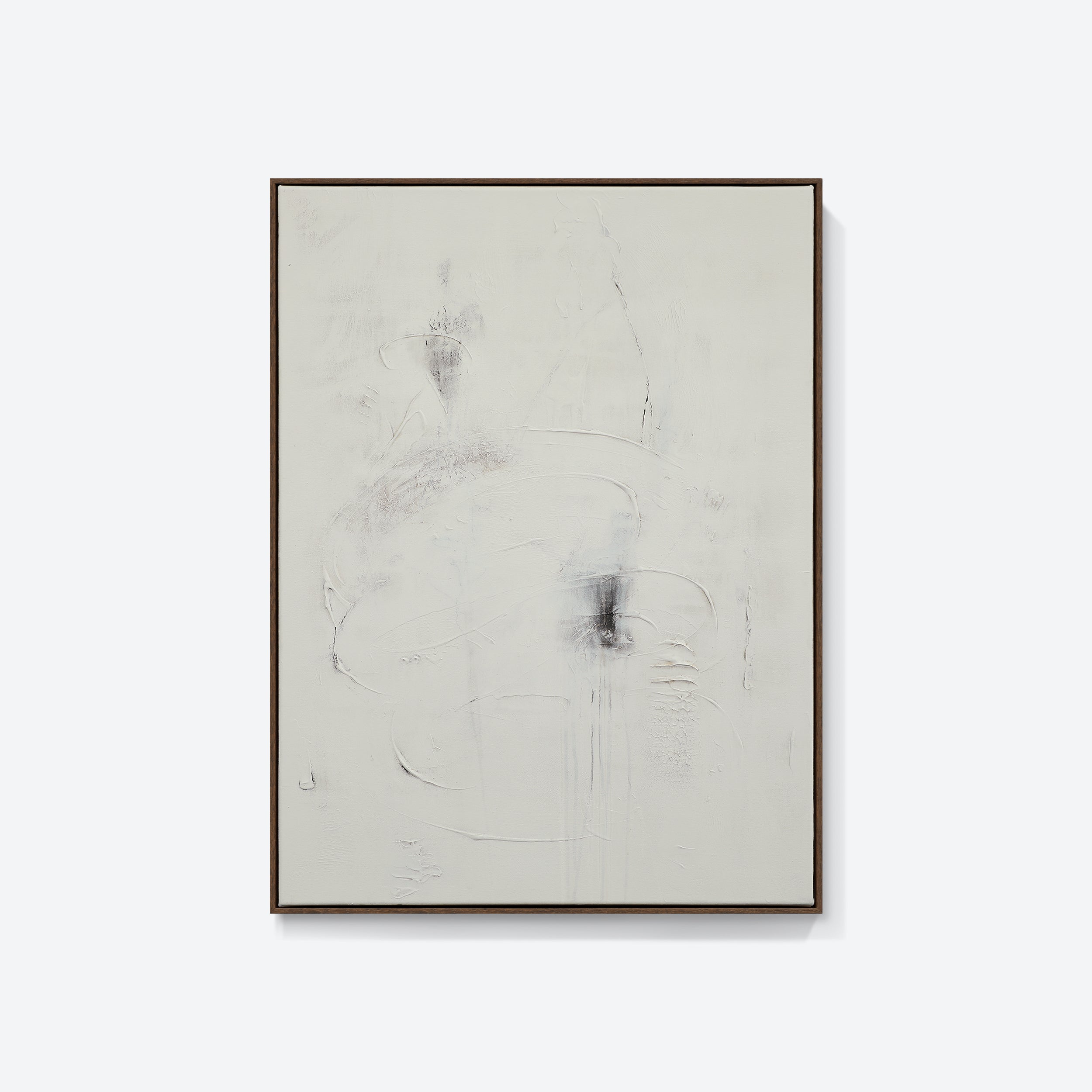
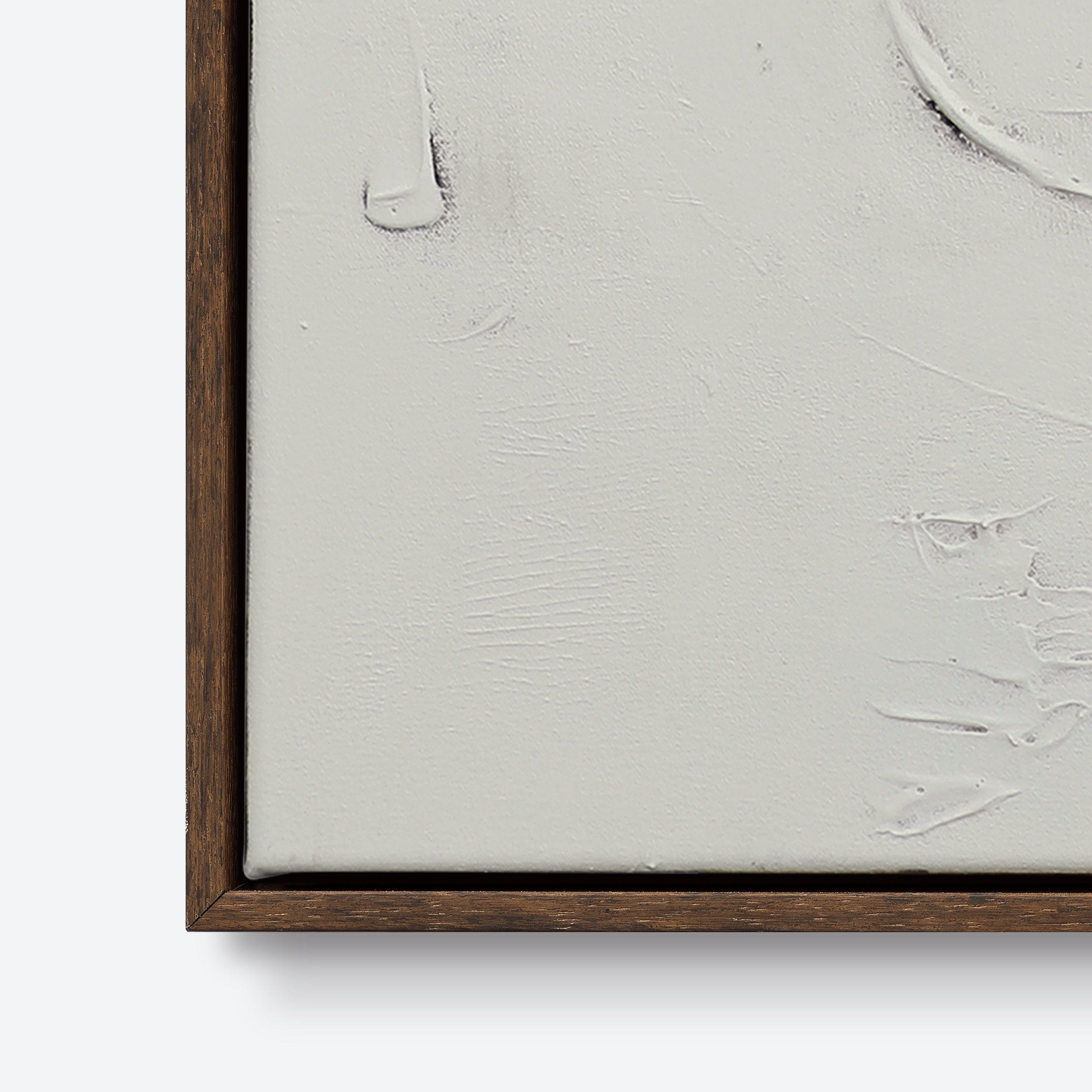
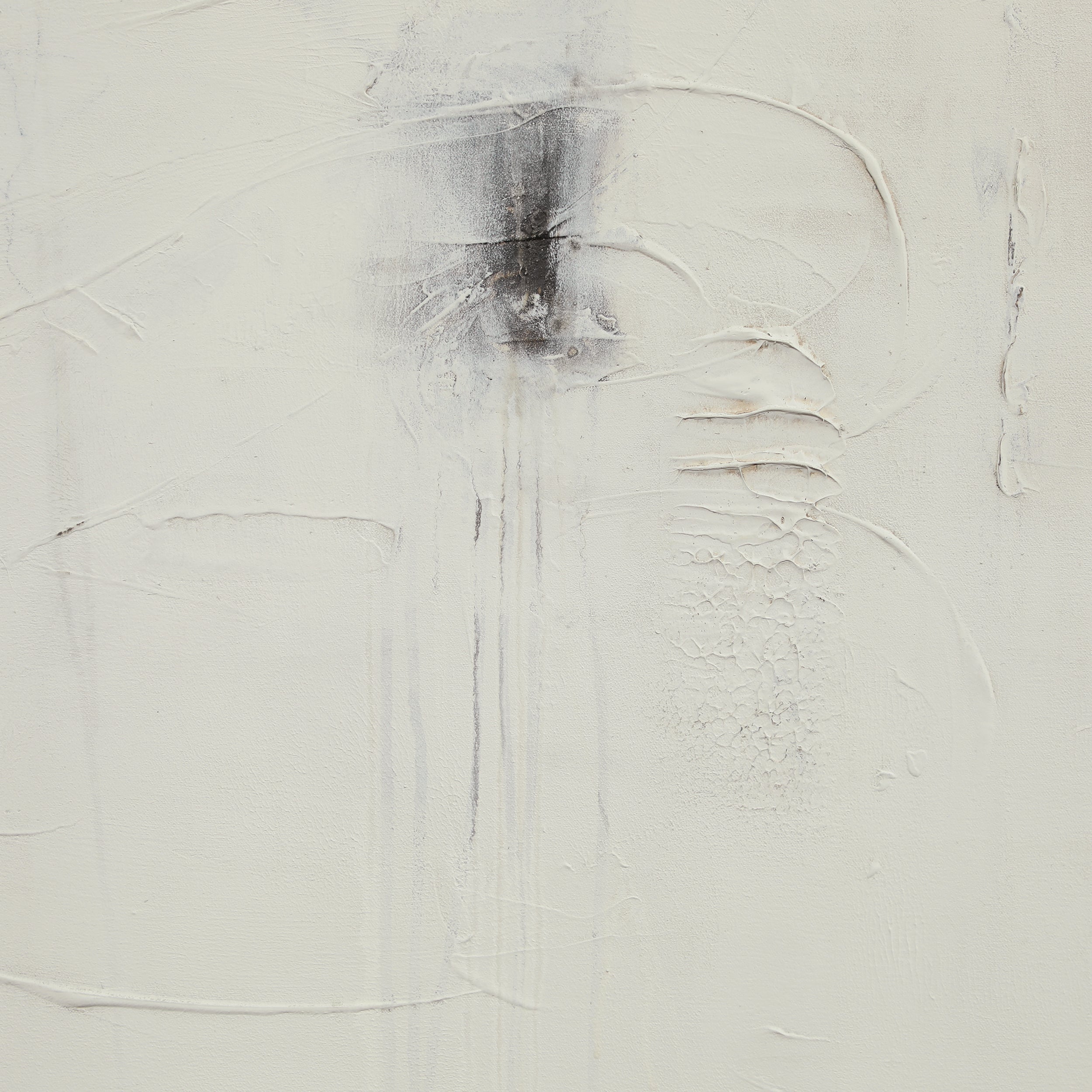
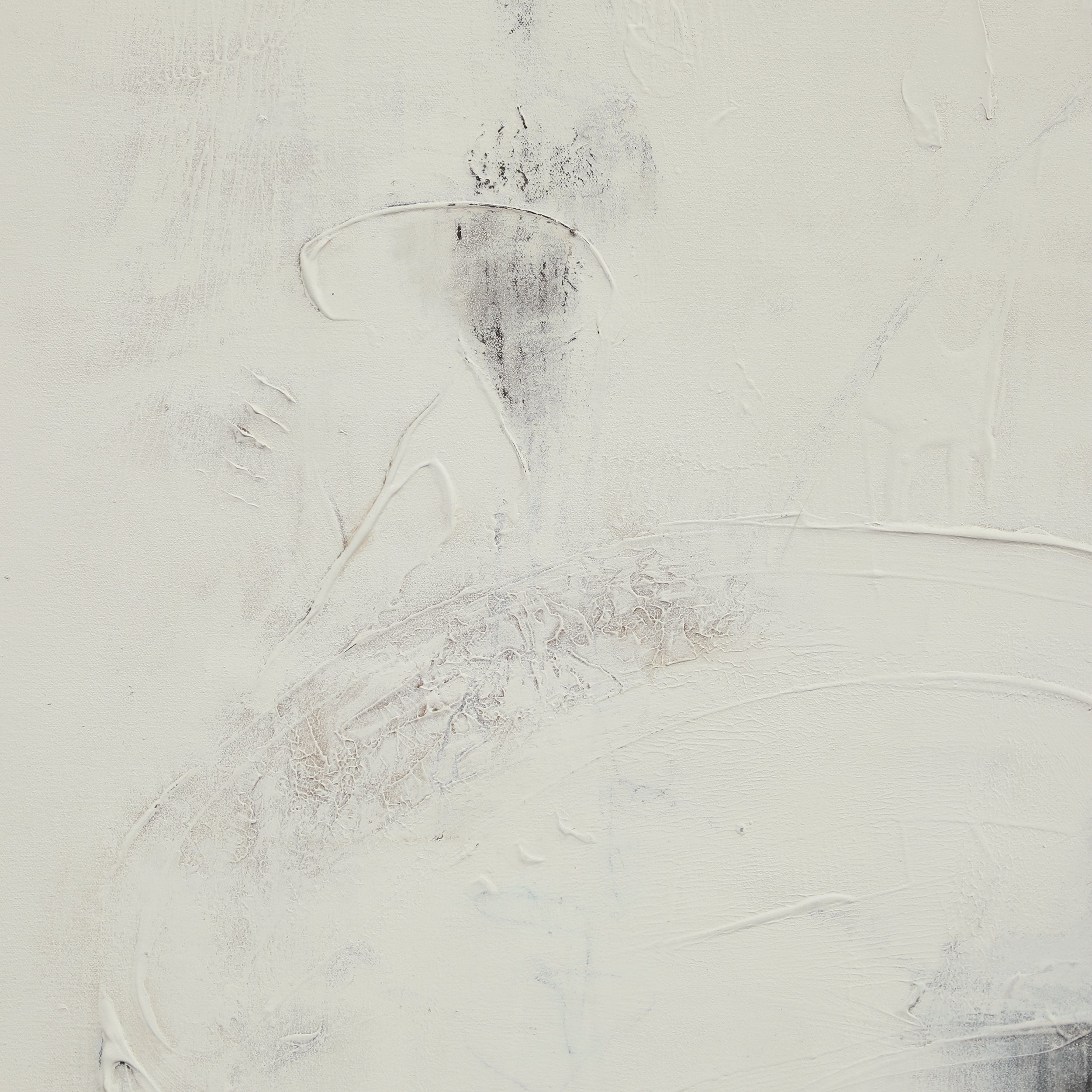
A letter from Virginia Woolf to Vita Sackville-West, 21 January 1926
In 1920s London, two remarkable women began exchanging letters that would come to define one of the most intimate literary relationships of the century. Virginia Woolf, already a celebrated modernist writer, and Vita Sackville-West, a novelist and poet from an aristocratic background, met through the Bloomsbury circle and quickly became emotionally and creatively entangled. Both were married to men, both fiercely independent and both drawn to the space between convention and freedom.
Their relationship unfolded through hundreds of letters filled with wit, desire, affection, and shared imagination. This letter, written while Vita was travelling in Europe, is one of the most well-known. Woolf writes with disarming honesty and warmth - her longing underpinning the rhythms of daily life.
Though the romantic intensity between them softened over time, their bond endured for nearly two decades. What began as an affair grew into a lasting friendship and creative partnership, rooted in admiration and deep emotional understanding. Their love, in its many forms, lived on through the words they exchanged and the art it inspired.
Thursday
[21 January 1926]
Monk’s House, Rodmell, Lewes
Miss Sackville-West, Hotel de la Ville, Milan
I am reduced to a thing that wants Virginia.
I composed a beautiful letter to you in the sleepless nightmare hours of the night, and it has all gone: I just miss you, in a quite simple desperate human way.
You, with all your beauty, and your brilliance, and your courage, and your humour, and your vanity, and your infuriatingness…
I miss you even more than I could have believed; and I was prepared to miss you a good deal.
So this letter is really just a squeal of pain.
It is incredible how essential you have become to me.
I suppose you are accustomed to people saying these things.
Damn you, spoiled creature; I shan’t make you love me any more by giving myself away like this —
But oh my dear, I can’t be clever and stand-offish with you: I love you too much for that.
Too truly.
You have no idea how stand-offish I can be with people I don’t love.
I have brought it to a fine art.
But you’ve broken down my defences.
And I don’t really resent it.
Please forgive me for writing such a miserable letter.
V.
- $3,250 Free domestic shippingFor international shipping, please make an enquiry
$3,250- $3,250
- Unit price
- per
- Choosing a selection results in a full page refresh.